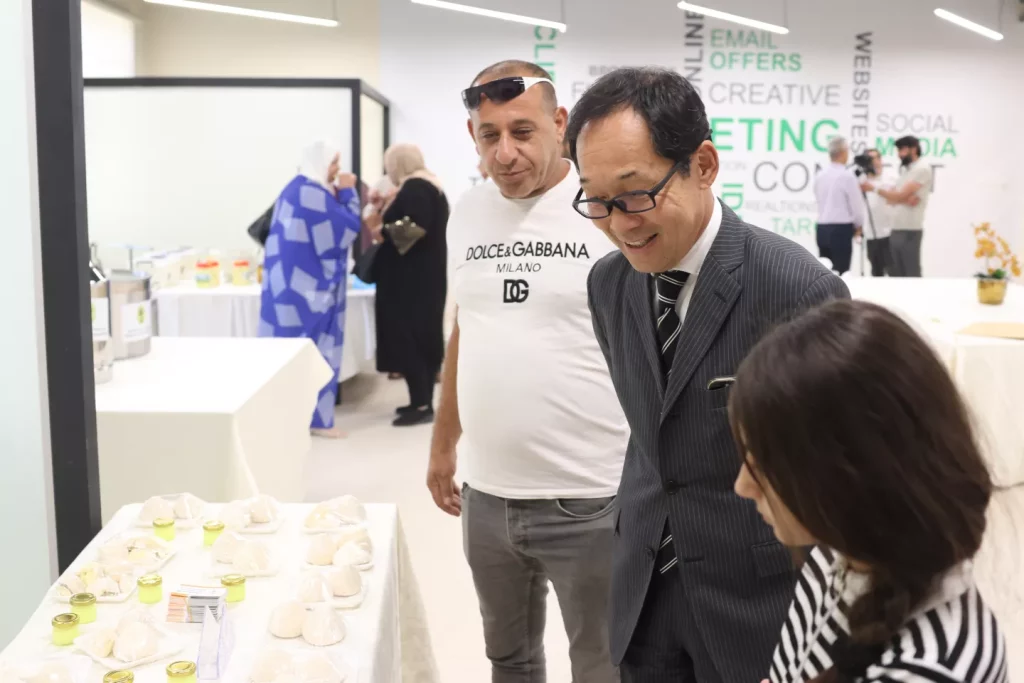The International Labour Organization (ILO) and the Japanese government have concluded a development project supporting agricultural workers in the Occupied Palestinian Territory.
An event was held at Jericho Agro-Industrial Park on 27 June to mark the initiative, which has benefited 269 farmers, including 117 women, by introducing new skillsets, market intelligence, and innovative sustainable agricultural and business practices.
The 18-month project set out to increase productivity and sustainable decent work opportunities for low-income women and young people working in the honey and dairy sectors in the Jordan Valley.
Supported with US$740,740 (£578,000) from the Japanese government, the work was carried out in partnership with thee Arab Center for Agricultural Development, the Land Research Centre, the Palestinian Agricultural Development Association, the Palestinian Farmers Union, and the Union of Agricultural Work Committees.
Around 100 attendees gathered for the project’s closing event, including project partners, co-operative unions, Palestinian officials and academics.
The event hosted an exhibition of products from eight women-led co-operatives involved in the project, including boiled and fresh white cheese, jameed (hardened sheep or goat’s yoghurt), honey, and beeswax soaps and lotion.
Some of these products were donated, in coordination with the PGFTU, to workers from Gaza currently sheltering in Jericho.

Speaking at the event, director-general of the Palestinian Farmers Union, Abbas Milhem, highlighted the importance of co-operatives in enhancing productivity and creating jobs in light of the Palestinian agriculture sector’s current challenges and opportunities.
Secretary-general of the Palestinian General Federation of Trade Unions, Shaher Saad, said co-ops can help to formalise informal work and generate jobs through workers’ ownership, joint labour contracting, and resource facilitation, and stressed the importance of supporting co-operatives to create and sustain decent employment.
Japan’s ambassador for Palestinian affairs, Yoichi Nakashima, praised the project as part of Japan’s contribution to improving conditions for Palestinian workers, increasing women’s participation in the labour market, and strengthening the Palestinian economy and sustainable development.
Nakashima added that the project has helped to boost the productivity and competitiveness of small farmers and co-ops, enabling them to tap into broader markets and sustainably scale up production.